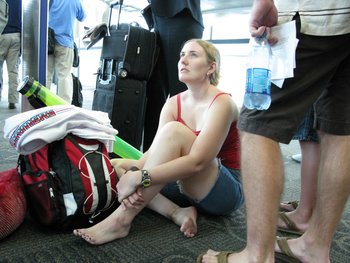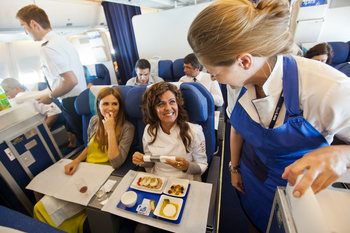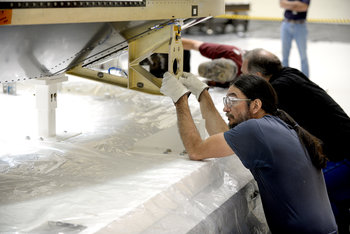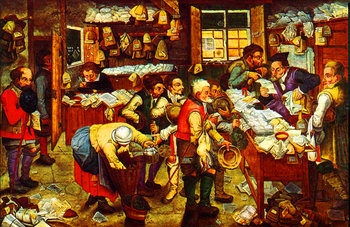Administration Fees | Baggage Charges |
Cleaning & Laundry | Communication Expenses |
Delivery Costs | Equipment Rental |
Event Fees | Facility Rental (e.g. Meeting Rooms) |
Incidental Expenses | Lodging Expenses |
Meals | Parking Fees |
Rental Vehicles | Transportation Services (e.g. Taxis) |
Travel Fares | Travel Insurance |
Vehicle Maintenance Costs | Vehicle Operation Costs |
Notes
Valid expenses depend on the nature of your business and trip. For example, a diving excursion would typically look like personal travel but a film production team scouting locations for an diving scene might view this is a valid business expense.Tax treatment of business travel differs greatly by country. For example, some countries only allow 50% of meal costs to be deducted while others may place a cap on the price of meals.Employers typically have their own internal rules regarding expenses. In some cases, employers offer a per diem (daily allowance) that greatly simplifies expense reports. This rate may be capped by tax authorities whereby it can't be expensed past a certain amount per day.Executives may receive extensive payments for travel. For example, a per diem to compensate for disruptions to their household while they are traveling. Tax authorities are likely to view this as compensation.In many cases, use of your own vehicle is expensed at a rate per mile defined by a tax authority or your employer.Trips that are partially personal may be only partially expensed. For example, a trip could be deemed 70% business and 30% personal.Each tax authority publishes detailed rules for travel expenses.| Overview: Travel Expenses | ||
Type | ||
Definition | Business expenses related to business travel. | |
Related Concepts | ||



























